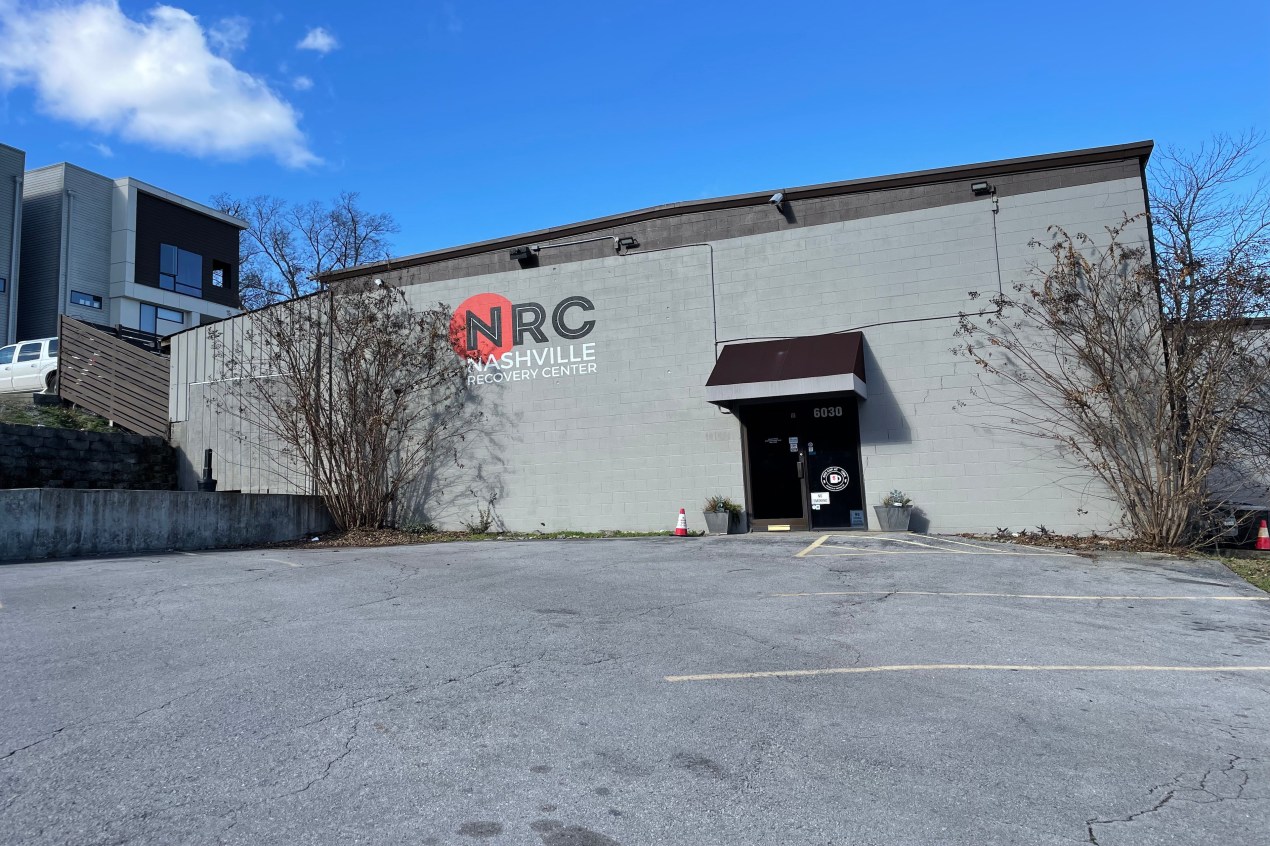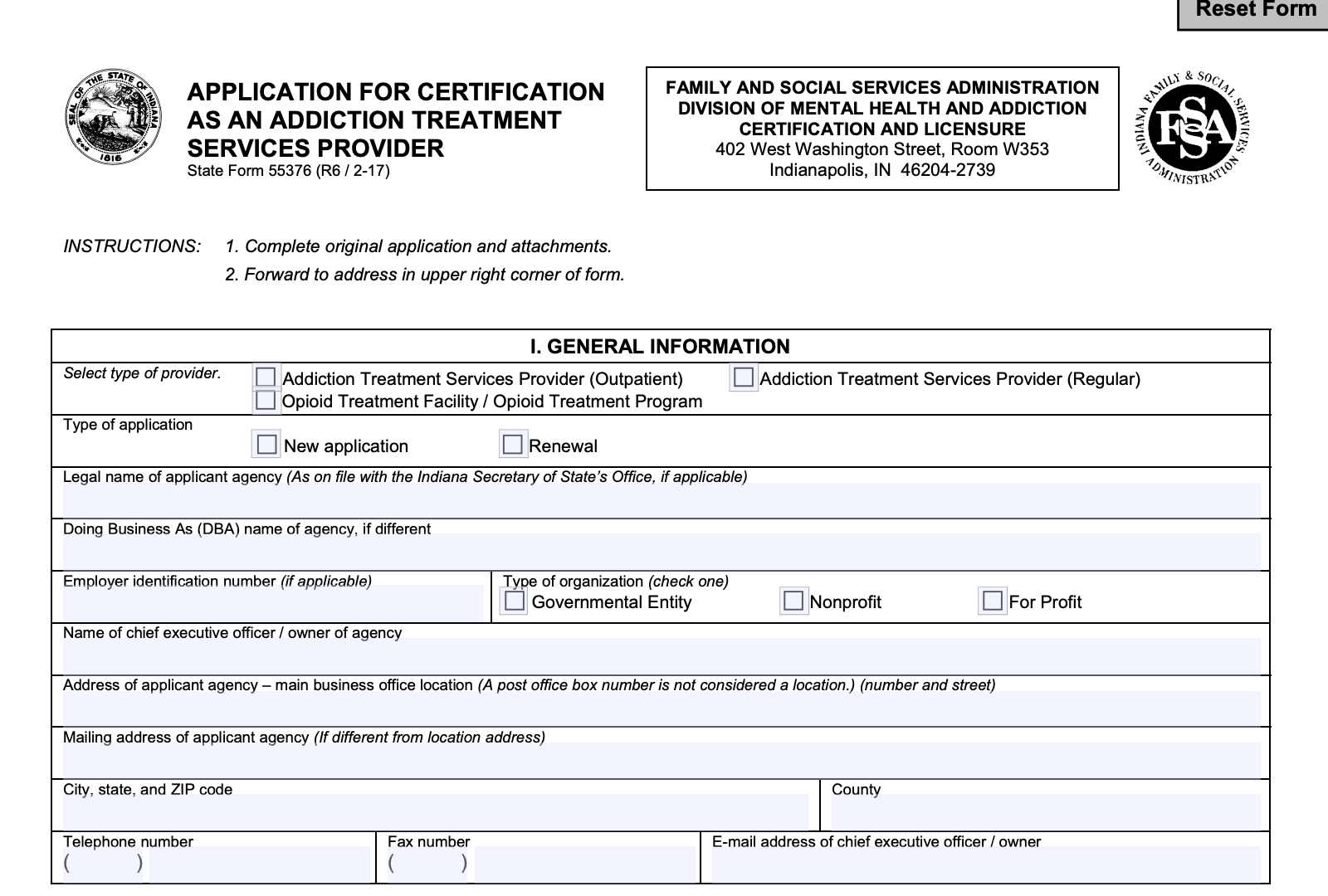Navigating the Trip of Detoxification in the Comprehensive Dependency Therapy Program
The procedure of cleansing holds a considerable function in breaking the physical dependancy on materials and preparing the person for the subsequent phases of therapy. As individuals grapple with the difficulties of withdrawal signs and symptoms and the uncertainties that exist ahead, having a structured strategy and a durable support system in location becomes extremely important.
Relevance of Cleansing in Recuperation

Detoxification sets the structure for the remainder of the addiction treatment program by preparing the individual for further therapy and counseling. By cleansing the body of materials that have actually been clouding judgment and influencing behavior, detox allows individuals to approach their recuperation with a clearer mind and stronger focus.
Additionally, detoxing helps in handling the potentially serious withdrawal signs and symptoms that may develop when drug or alcohol use is quit. Clinical specialists very closely keep track of individuals during detox to ensure their safety and provide necessary support. With this procedure, people can start their journey towards sobriety with a maintained physical and mental state, raising the chance of an effective recuperation.
Recognizing the Detox Process
Cleansing, a fundamental component of dependency therapy programs, entails an organized procedure focused on safely eliminating hazardous compounds from the body to facilitate a successful recovery journey. The detox procedure generally begins with an evaluation to analyze the person's substance usage history, physical wellness, and psychological well-being. This analysis assists healthcare specialists figure out the most ideal detoxification strategy customized to the person's requirements.
During detox, the body goes with withdrawal as it readjusts to the absence of the material. Withdrawal signs and symptoms vary depending on the kind of compound used, the period of use, and specific factors. Medical supervision throughout detoxification is essential to manage withdrawal signs and make certain the individual's safety and comfort.

Managing Withdrawal Signs

Medications may be made use of to relieve certain withdrawal signs and reduce discomfort. For instance, medications like methadone or buprenorphine can aid handle opioid withdrawal signs and symptoms, while benzodiazepines might be made use of for alcohol withdrawal. It is vital for doctor to thoroughly check the person's action to these medicines to ensure their safety and effectiveness.
Along with medicinal interventions, supportive therapies such as therapy, peer support system, and alternative methods like mindfulness reflection or try this web-site yoga exercise can help individuals deal with the emotional and emotional challenges of withdrawal. By attending to withdrawal signs and symptoms adequately, doctor can boost the detoxing experience and assistance people on their trip to recuperation.

Assistance Systems During Detox
Assistance systems play an essential function in giving psychological and social assistance to individuals going through cleansing in dependency therapy programs. Throughout the detoxification process, individuals usually experience a variety of emotional and physical withdrawal signs see this and symptoms, making this phase difficult - Addiction Treatment Center. Having a solid support system in position can dramatically impact the individual's capability to browse via detox effectively
Assistance groups provide a system for people to link with others who are going through comparable experiences, providing a feeling of community and shared understanding. Medical care specialists, consisting of therapists, specialists, and physicians, play an essential duty in keeping an eye on the person's development, giving medical support, and offering support throughout the detoxification process.
Looking Ahead: Life After Detox
Having effectively finished the detoxification phase, individuals in addiction therapy programs currently focus on getting ready for the difficulties and possibilities that exist ahead in their journey in the direction of recuperation. Life after detox marks a vital change period where individuals need to remain to build on the development made throughout detoxification to maintain their sobriety. It is necessary for individuals to identify that the trip in the direction of recuperation is recurring and calls for devotion, commitment, and a desire to welcome change.
One secret element of life after detox is the advancement of dealing here are the findings devices to deal with triggers and cravings that may emerge. This might entail learning new abilities, such as mindfulness techniques, cognitive-behavioral methods, and stress and anxiety administration strategies, to browse tough circumstances without turning to compound use. Additionally, people are urged to actively take part in recurring treatment, support system, and aftercare programs to strengthen their support network and receive assistance as they browse the intricacies of life post-detox.
Final Thought
Comprehending the detox procedure and managing withdrawal signs are essential actions towards recovery. It is vital to recognize the value of detox in the procedure of getting rid of dependency and relocating towards a life of sobriety.
Medical guidance throughout detoxification is essential to handle withdrawal signs and make sure the person's security and comfort.
By understanding the detox procedure and its importance in breaking the cycle of addiction, individuals can embark on a course in the direction of lasting recuperation.
Throughout the detox procedure, individuals usually experience a range of psychological and physical withdrawal symptoms, making this stage difficult. Health care experts, including medical professionals, specialists, and counselors, play an important role in checking the person's progress, giving clinical assistance, and supplying assistance throughout the detoxification process.
Life after detoxification notes a critical shift duration where individuals should continue to develop on the development made during detox to preserve their sobriety.